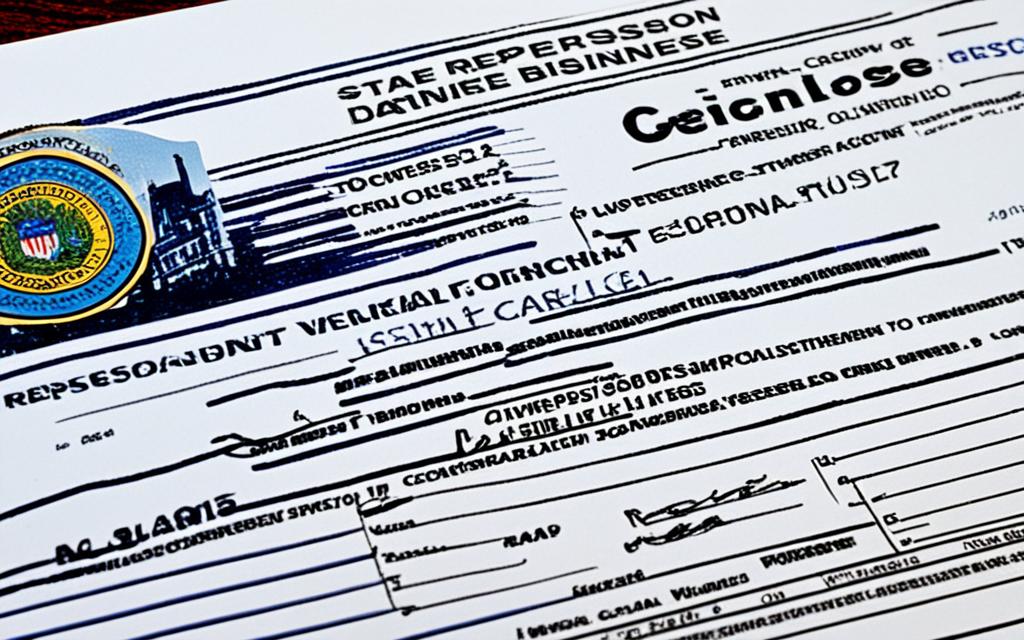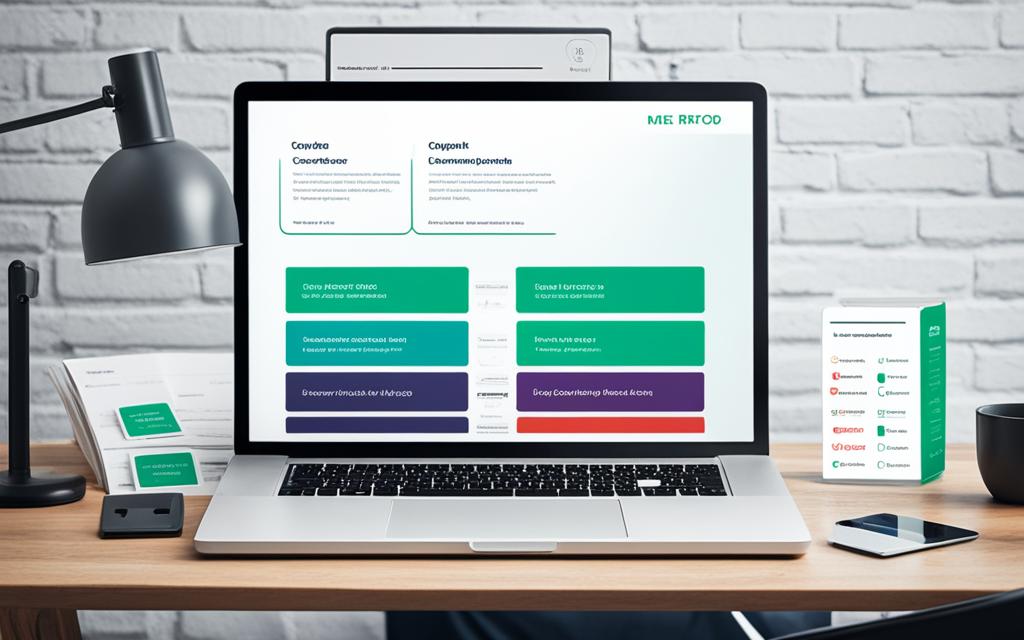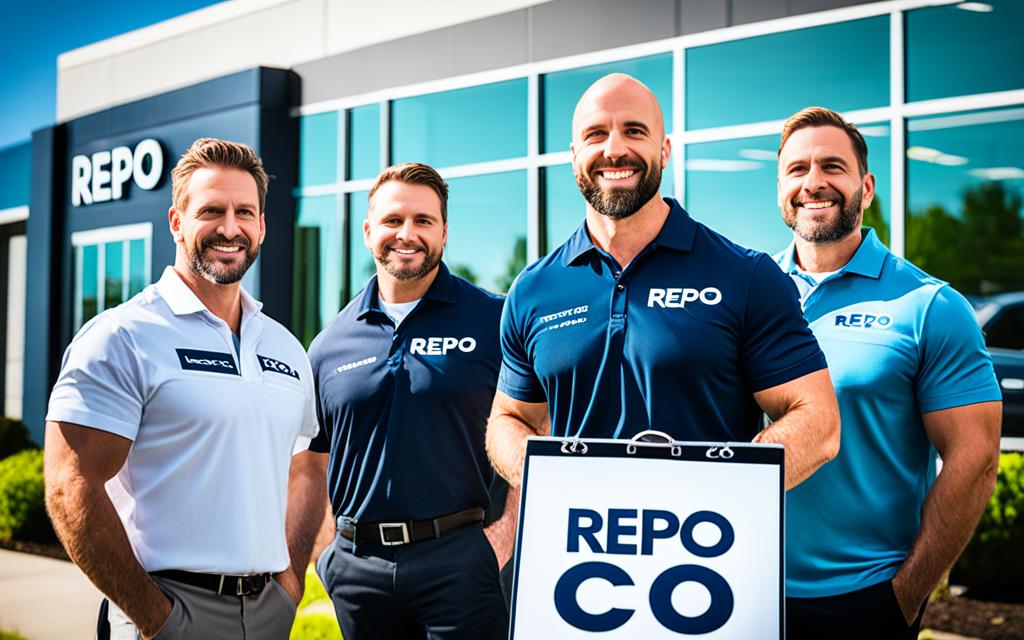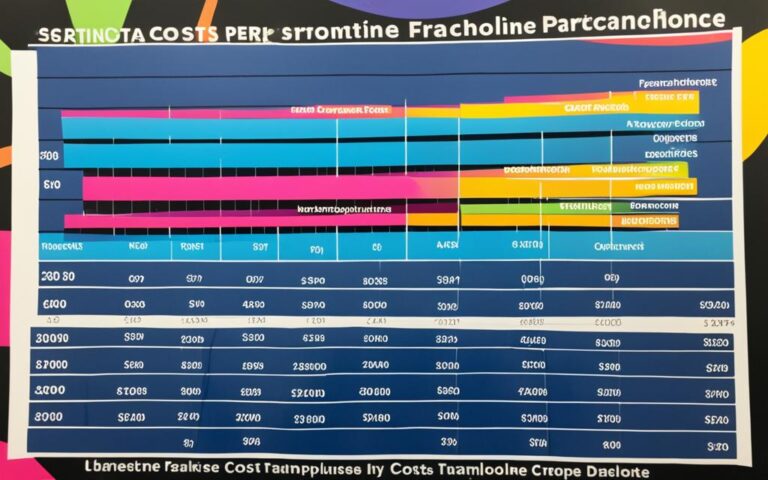Starting a Repo Company: Your Ultimate Guide
Did you know the repossession industry is growing fast because of economic downturns? More people are missing payments on their auto loans. This is a great chance for those wanting to start a repo company. Starting this business can be tough but rewarding, especially with the unique emotional situations you’ll face.
Many people are drawn to this field because it has a lot of growth potential, especially when the economy is struggling. A skilled repossession agent is key to getting back vehicles that have missed payments. This makes it a crucial service in today’s market.
Before you start, it’s important to do your market research and understand the legal side. This guide will help you through the steps to start a repo company the right way. We’ll cover getting a repossession business license and marketing strategies. For more info, check out this essential resource on starting your repo business.
Key Takeaways
- The repossession industry is expanding, especially during economic downturns.
- A repossession business license is essential for legal compliance.
- Market research is paramount before starting a repo company.
- Hiring qualified employees is critical for the business’s success.
- Understanding towing vehicle requirements is necessary when choosing the right repo trucks.
Understanding the Repossession Industry
Understanding the repossession industry is key for those looking to start a repo company. The industry has grown by 4.2% from 2016 to 2021, with more growth expected by 20251. With $1.2 trillion in auto loan debt in the U.S2, the market is booming. Repo agents make between $200 and $400 per repossession3. They bring skills like analytical thinking, creativity, and negotiation to the job.
Knowing what repo companies do can help you stand out. You must know the rules in your state, like California’s rules from the Bureau of Security and Investigative Services1. In Pennsylvania, you need a $5,000 bond and liability insurance to start a repo business. Finding new clients takes patience, persistence, and time. Email campaigns and giveaways can help your brand get noticed. Looking professional and having the right equipment also boosts your credibility2.
How to Start a Repo Company
Starting a repo company needs a strong base in market research for repossession. It’s key to understand the repossession services in your area. This helps you see the demand and know who you’re up against. You’ll also spot potential clients like banks and dealerships.
The repo industry grew by 4.2% from 2016 to 2021. This was due to more buyers getting loans for new cars4. Knowing these trends helps you refine your operations and target the right market.
The Importance of Market Research
Good market research for repossession gives you deep insights into what customers need and what’s in demand. Looking at the competition helps you plan better in a growing market. With growth expected until 2025, starting a repo company is a good move4.
So, it’s important to have a detailed business plan. This should include marketing strategies, budgets for supplies, insurance, and payroll.
Current Trends in the Repo Industry
Repossession services are more in demand as more auto loans are secured by vehicles. When borrowers can’t pay, lenders often call on repo companies to get their cars back. GPS tracking and Digital Recognition Networks (DRN) are key tools for finding vehicles fast5.
By using these trends, we can create a strong plan. This plan will help us overcome business challenges and ensure our repo companies succeed in the long run.
Legal Regulations for Repo Companies
Starting a repossession business means you must know the repo legal rules. Each state has its own rules that you must follow. In Michigan, you need to be 18 or older, have a high school diploma or GED, and six months of repossession experience. You also need to pass a state exam and get a $5,000 surety bond to run a repossession agency6. Starting costs include a $225 fee for owner/manager licenses and about $50-60 for a business license6.
Common State Requirements
Many states require background checks and experience for repossession. In California, you must pass criminal history checks through the California Department of Justice and the FBI7. You also need at least two years of experience working for a licensed agency and pass a law exam7. Some states require certifications like the Certified Collateral Recovery Specialist, which gives agents an advantage8.
Understanding Repossession Laws
Knowing repossession laws is key for those in the field. It helps avoid legal issues and makes your business run smoother. Repo agents must be good at talking and negotiating to help people in financial trouble8. Following state laws reduces risks and builds a good reputation for your business. It also helps with smoother operations and better client and lender relationships.
Business Licensing and Permits
Starting my repossession company means I must get the right business licenses and permits. I need a repossession agency license and other state licenses based on where I am. This makes my business look good to clients and keeps me legal. Not doing this can lead to big problems, like losing my license.
Getting Your Repossession Agency License
Applying for my repossession agency license comes with costs. The first fee is $900.00. If my license gets revoked or suspended, it costs $200.00 to fix it. Renewing it costs $900.00, and fixing an expired one costs $1,100.00. This whole process can take up to 90 days, so I need to start early9.
The Importance of Compliance
Following the law is key for my repossession business. I must have liability insurance of at least $1,000,000.00. Insurance costs can be from $1,000.00 to over $5,000.00 a month, depending on my state and history. I also need various permits and licenses for my tow trucks to be fully legal10. By doing this, I protect my business and clients from legal problems in this risky field.

Requirements for Starting a Repo Business
Starting a repo business requires a good grasp of capital and financial planning. The industry has grown by 4.2% from 2016 to 20214. It’s now worth about $2 billion, with over 10,000 businesses in it. To start a successful repo company, I need enough money for six months of costs. This includes trucks, office space, licenses, and staff salaries. Good financial planning helps my business handle both steady and changing demands in the market.
Capital and Financial Planning
Buying the right equipment for repossession is key. Tools like wheel lifts and towing vehicles make operations smoother. They also help serve a wide range of clients, including banks and credit unions11. Repo work usually costs between $200 and $300 per service, with extra fees for finding borrowers who owe money4. So, having enough capital is crucial for buying equipment and covering ongoing costs.
Essential Equipment and Resources
Knowing what you need to run a repo company is important. Companies usually need a million-dollar liability policy to work well. Insurance costs can be $1,000 to $5,000 a month, based on where you are and your insurance history4. Getting the right equipment and resources before starting is key to a strong start. As I step into this expanding field, matching my financial plans with these needs is crucial for growth and making money.
Financing Options for your Repo Company
Starting a repo company needs careful financial planning for success. It’s key to look into different financing options for repo companies to get the needed money. Knowing about business loans for repo business helps build a solid financial base. Finding reliable lenders is crucial, whether you need a short-term loan or want to open credit lines.
Applying for Business Loans
When looking at business loans for repo business, I make sure to have a detailed business plan ready. This plan should show expected profits and what makes my repo company special. Lenders like to see a deep understanding of the repossession industry and the needs of new businesses.
They also prefer businesses that know the local laws and market conditions well. In 2023, about 1.5 million vehicles were repossessed, showing a growing trend. This makes such businesses attractive to lenders12.
Seeking Private Investors
Another good way is to look for private investors for repossession company funding. Networking with people or groups that get the repossession business can open up new opportunities. Showing why investing in my company is smart often draws in private money.
It’s important to explain the potential profits in today’s market. With many loans failing, there’s a big need for repossession services12. Knowing the laws about vehicle repossession is also a big plus for investors who want to understand their risks.

Choosing the Right Repo Trucks
Finding the right repo trucks is key for those in the repossession business. These trucks must meet certain repo truck requirements to safely recover vehicles. It’s important to know the differences between wheel lifts and traditional towing vehicles. This helps me pick the right equipment that fits my budget and needs.
Understanding Repo Truck Requirements
For a successful repo operation, I need to look at truck specs carefully. The weight capacity, engine type, and towing abilities are key. There are financing options to get the right repo company equipment. For example, Flatbed Tow Trucks are popular for their versatility, handling many vehicle types well13. I consider my clients, like banks and credit unions, to make sure I meet their needs.
Comparing Towing Vehicles
It’s crucial to look at the features and performance of different towing vehicles for repossession. This helps me pick the best body style and setup for the vehicles I’ll be recovering. With more vehicle loans, there’s a higher need for repossession services, making reliable repo company equipment essential13. Resources like this guide offer more tips for making smart choices to improve my repossession work.
Insurance for Your Repo Business
Starting a repossession business means you need the right insurance to protect your business. You’ll likely need auto-liability insurance, physical damage insurance, and comprehensive coverage. Auto-liability covers costs from accidents you cause. Physical damage insurance helps fix my tow trucks. Comprehensive coverage protects against theft or fire. It’s important to know the different insurance options for repossession businesses.
Types of Insurance Needed
Most states want a million-dollar liability policy for repossession agents. This policy can cost $1,000 to $5,000 a month, based on the coverage and state laws4. You also need on-hook coverage to protect your business if vehicles get damaged while hooked to your truck. Investing in these coverages protects my assets and meets state laws14.
Finding the Right Coverage
Looking for the right insurance for my repo business means doing some research and maybe talking to an insurance broker. You’ll need to pay for a business license, which costs between $50 to $110, and remember to budget for insurance costs. By comparing plans, I can pick the best ones for my business. A strong insurance plan is crucial for my repo company’s growth1514.
FAQ
What do I need to start a repo company?
To start a repo company, you need a repossession business license and financing. You also need to buy repo trucks and equipment. It’s important to know the legal rules in your state. Doing market research and making a strong business plan is key.
How do I obtain a repossession business license?
Getting a repossession business license means filling out an application and passing a background check. You also need to show you have experience in the field. The rules for this vary by state, so check your local laws.
What kind of insurance do I need for my repo company?
You need comprehensive insurance for your repo company. This includes vehicle insurance, liability insurance, and bonding. Each type covers different risks and protects your business and personal stuff.
Are there specific requirements for repo trucks?
Yes, repo trucks must meet safety and operation standards. You should know the differences between wheel lifts and traditional towing vehicles. This ensures you pick trucks that meet your needs and follow state laws.
How can I finance my repossession business?
There are many ways to finance a repo company, like getting business loans, finding private investors, or using your savings. A strong business plan can draw in lenders or investors.
What are the legal regulations I should be aware of?
Legal rules for repos vary by state. You need a repossession agency license and must know about foreclosure laws and notification and ethics rules. Knowing these laws helps avoid legal trouble in your repo work.
How can I market my repo company?
To market your repo company well, try networking with banks and dealerships, using online ads, and social media. Having a professional website to show your services also builds trust.
What skills are essential for a repo agent?
Key skills for a repo agent are analytical thinking, negotiation skills, creative problem-solving, and resilience in tough situations. Being able to understand people’s feelings and being empathetic is also important in this job.
What are the trends in the repossession industry?
Now, there’s a growing need for repossession services because of more auto loan debt and people leasing cars. Watching economic trends that affect default rates will help you adjust your business.







